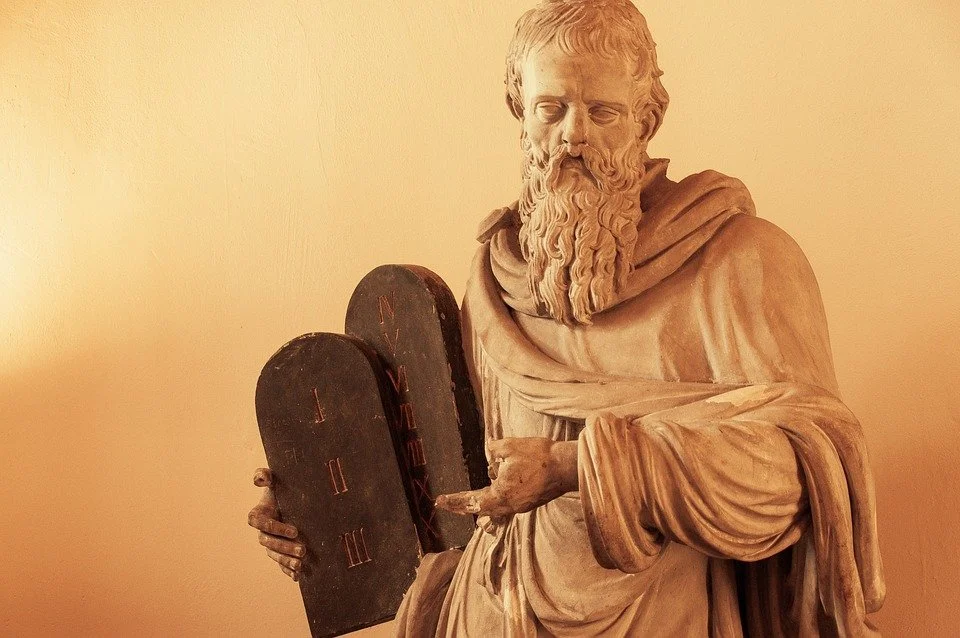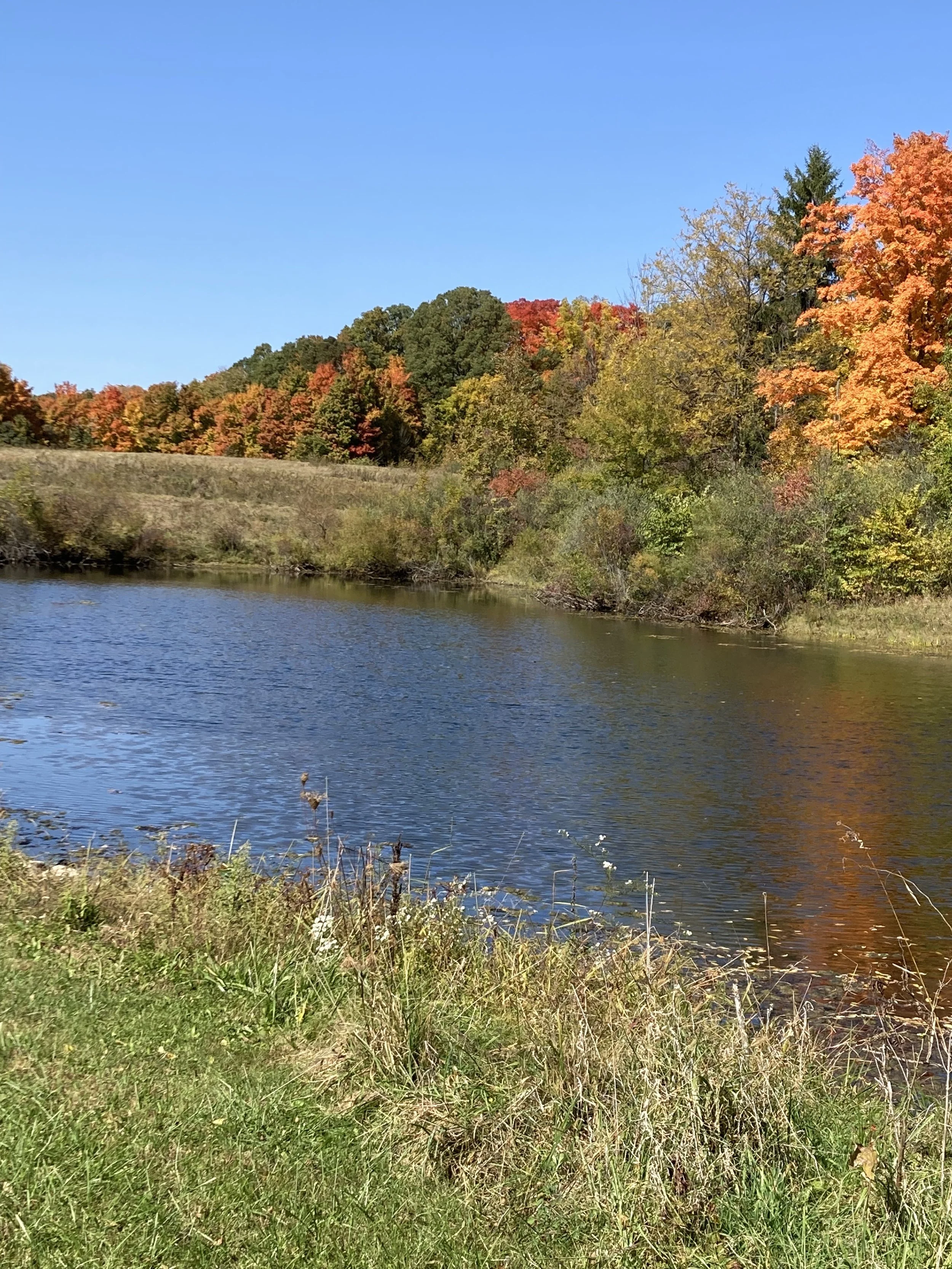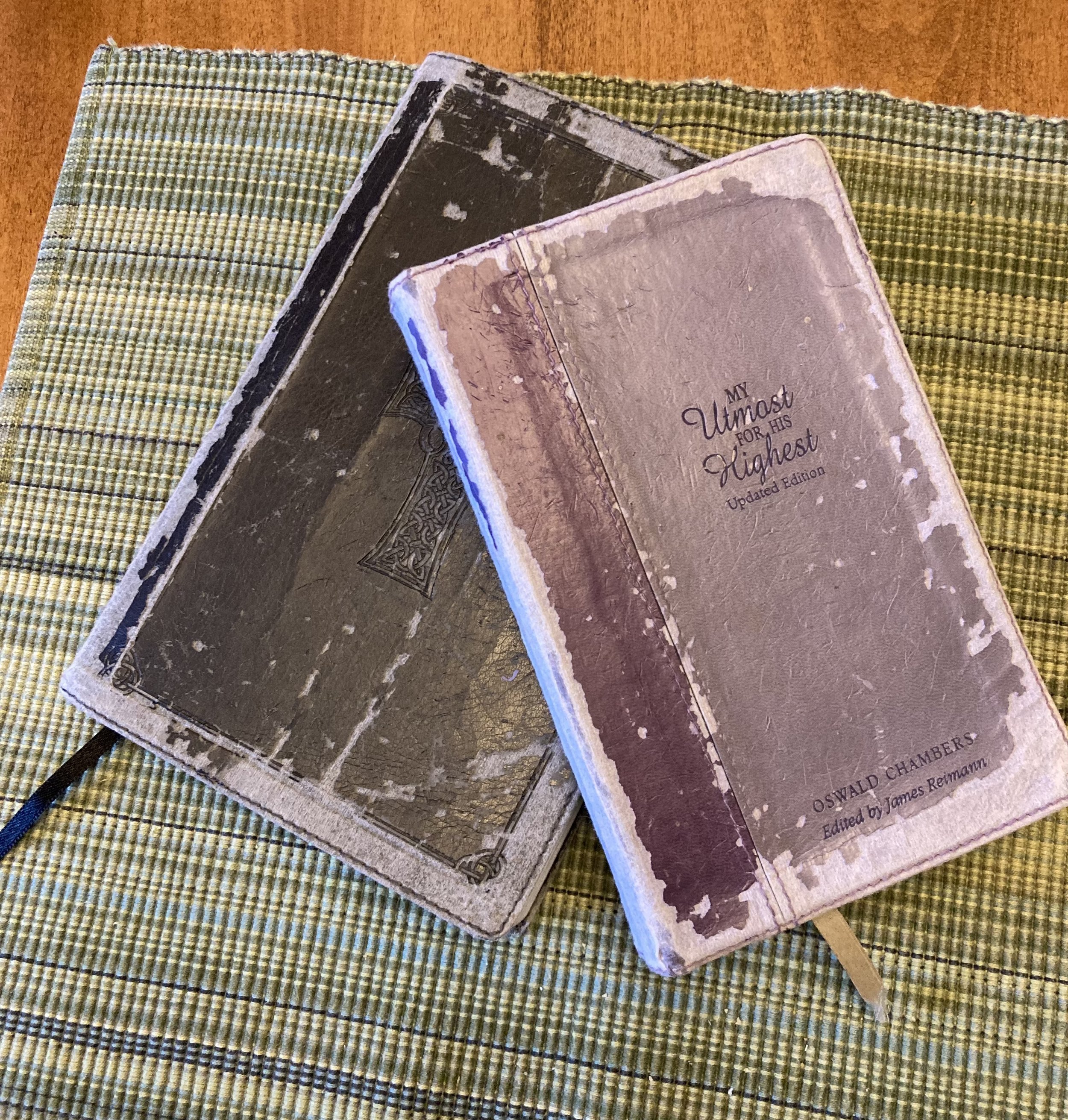A Year of Waiting - Holding Pattern
When the idea of doing a deep dive into this concept of waiting tickled my brain, I wrote down a list of different words and phrases that revolve around the concept of waiting. So far I have looked at wait, abide, and pause. Today I want to look at a term used by the airlines.
Image by Erich Westendarp from Pixabay
When we are flying from one city to another, we often experience delays due to busyness, weather, or other problems, and often the pilot will be told to go into a holding pattern. When in a holding pattern, the pilot will fly an oval course over the airport as they are waiting their turn to land.
This phrase came to my mind as I grew up in a home where airplanes and flying were a pretty regular occurrence. My father was an airplane mechanic, and also had his pilot’s license for a number of years. He ran a small airport where he serviced single engine planes flown mostly for recreation. It was rare to have to enter a holding pattern at that small airport, but the idea still holds true, because great care is taken to not have an accident while flying in the sky.
I wondered, how do I bring the Bible into this idea of a holding pattern and the people of Israel came to my mind. These chosen ones of God were often in a holding pattern. They spent over 400 years in the arms of captivity to the Egyptians. I am sure during that time they were often heard murmuring, “When? When is our deliverer going to come?”
Image by wal_172619 from Pixabay
We know God brought Moses along as that deliverer, and we also know their time of enslavement to the Egyptians was drawing to a close. However, this wasn’t the only time they found themselves in a holding pattern. Some time after they left Egypt they found themselves at the mountain of God: Sinai. It was here Moses received the Ten Commandments, and all the many laws associated with living life.
“1 In the third month after the sons of Israel had gone out of the land of Egypt, on that very day they came into the wilderness of Sinai.
2 When they set out from Rephidim, they came to the wilderness of Sinai and camped in the wilderness; and there Israel camped in front of the mountain.”
Due to movies like Charlton Heston’s Ten Commandments, we often think their time at Mount Sinai was a mere few days, but in reality it was close to a year. In fact they held a holding pattern in the Wilderness of Sinai for approximately two years. During this time, God not only gave them the Law, but He instructed them on the building of the Tabernacle.
If we spend a little time thinking about these holding patterns the Children of Israel had to endure we can recognize God’s wisdom in the waiting. Their time in Egypt was actually a time of great growth. There was a population explosion among the Israelites. That was precisely why Pharaoh became persistent in keeping them under his thumb.
“8 Now a new king arose over Egypt, who did not know Joseph.
9 He said to his people, “Behold, the people of the sons of Israel are more and mightier than we.
10 Come, let us deal wisely with them, or else they will multiply and in the event of war, they will also join themselves to those who hate us, and fight against us and depart from the land.”
11 So they appointed taskmasters over them to afflict them with hard labor. And they built for Pharaoh storage cities, Pithom and Raamses.
12 But the more they afflicted them, the more they multiplied and the more they spread out, so that they were in dread of the sons of Israel.
13 The Egyptians compelled the sons of Israel to labor rigorously;
14 and they made their lives bitter with hard labor in mortar and bricks and at all kinds of labor in the field, all their labors which they rigorously imposed on them.”
Their holding pattern in the Wilderness of Sinai was meant to teach the people the necessity of the Law and the Tabernacle as a space for worshipping God. While we now recognize the Law and the Tabernacle as a shadow of God’s future intent, salvation through the perfect lamb of His Son Jesus, it was necessary to remind humanity of the holiness and righteousness of God.
Image by Sasin Tipchai from Pixabay
Are you experiencing a holding pattern in your life right now? Do you feel like an airplane circling over the airport waiting for the go ahead to land? I am right there with you, girlfriends! While this time is difficult, I am trying to remember God’s purposes are beyond what I can comprehend. He knows exactly what other planes (circumstances) are circling around, and how to bring everything safely onto His runway, in His time. While we are waiting, I recommend talking to the co-pilot (Jesus). Get to know Him better. After all, His Father owns the airport!
Have a great weekend, everyone, and fly safe! :)












































































































